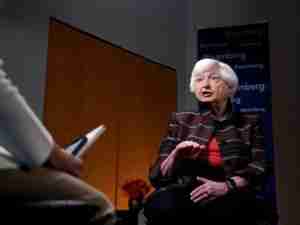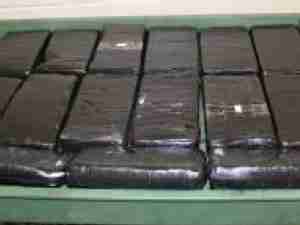- Creating employment in the U.S., including by Japanese companies
- Helping improve U.S. industrial productivity and competitiveness
- Cooperating on Trump’s infrastructure plans
Abe Looks to Create U.S. Jobs After Trump Hits Out on Trade
By: | Feb 01 2017 at 02:33 AM | International Trade
Japanese Prime Minister Shinzo Abe plans to discuss creating jobs and building infrastructure in the U.S. during a meeting with President Donald Trump next week, in a bid to defuse his concerns over trade.
The talks on Feb. 10 in Washington should focus on the full range of economic ties rather than just two-way trade, Abe told a parliamentary committee on Wednesday. Upon taking office, Trump pulled out of an Asia-Pacific trade deal backed by Abe and called the trade imbalance with Japan on vehicles “unfair.” On Tuesday he accused Japan of devaluing its currency.
“The question is whether it’s enough to look only at the difference between exports and imports—I don’t think so at all,” Abe told the committee. “Through our close economic ties we have both profited greatly,” he said, adding, “it’s important for us to share that perception.” He and senior aides also denied Trump’s charge of currency manipulation.
This isn’t the first time that Trump has raised the issue of Japan’s currency and relations with the U.S. On the campaign trail in 2015, he accused Japan of currency manipulation. At a press conference last month, he said the U.S. has a “trade imbalance” with Japan.
While Abe, his main lieutenant in the cabinet and Japan’s top foreign exchange official on Wednesday pushed back against Trump’s assertions, Abe is also anxious to preserve ties with Japan’s only treaty ally. The U.S. provides a “nuclear umbrella” to deter an expansionist China and unstable North Korea, and is Japan’s second-largest trading partner behind China.
Abe’s suggestions in parliament for improving ties included:








